Ask almost any American citizen, and they will tell you that the current situation in the nation is far from ideal. Though, arguably, the most frustrating reality is the constantly increasing home prices.
In fact, a Redfin study shows that Americans are so desperate for affordable housing that they are willing to move to the most fire and flood-prone areas of the state where homes are less expensive, even if it means putting their families at risk.
Americans Don’t Want to Move to Risky Areas

It’s important to understand that most Americans don’t particularly want to move to dangerous fire and flood-prone areas. In fact, 57% say living in “an area where homes are at low risk of a natural or climate disaster such as fire, flood, poor air quality” is a “must have.”
But still, 28% of Americans reported they’d be willing to live in an area with higher risks of natural or climate disasters if it meant a more affordable home.
Low-Income and Minority Americans Are More Likely to Live in High-Risk Areas

The 28% of Americans who said they’d be willing to live in high-risk areas to save money are most likely the nation’s lowest earners, as they need to save every possible dollar to survive in today’s economic climate.
Additionally, statistics show that minority groups of Americans, including African-American families, are more likely to live in or move to areas with a greater risk of flooding, hurricanes, and heat waves.
Let’s Talk Numbers
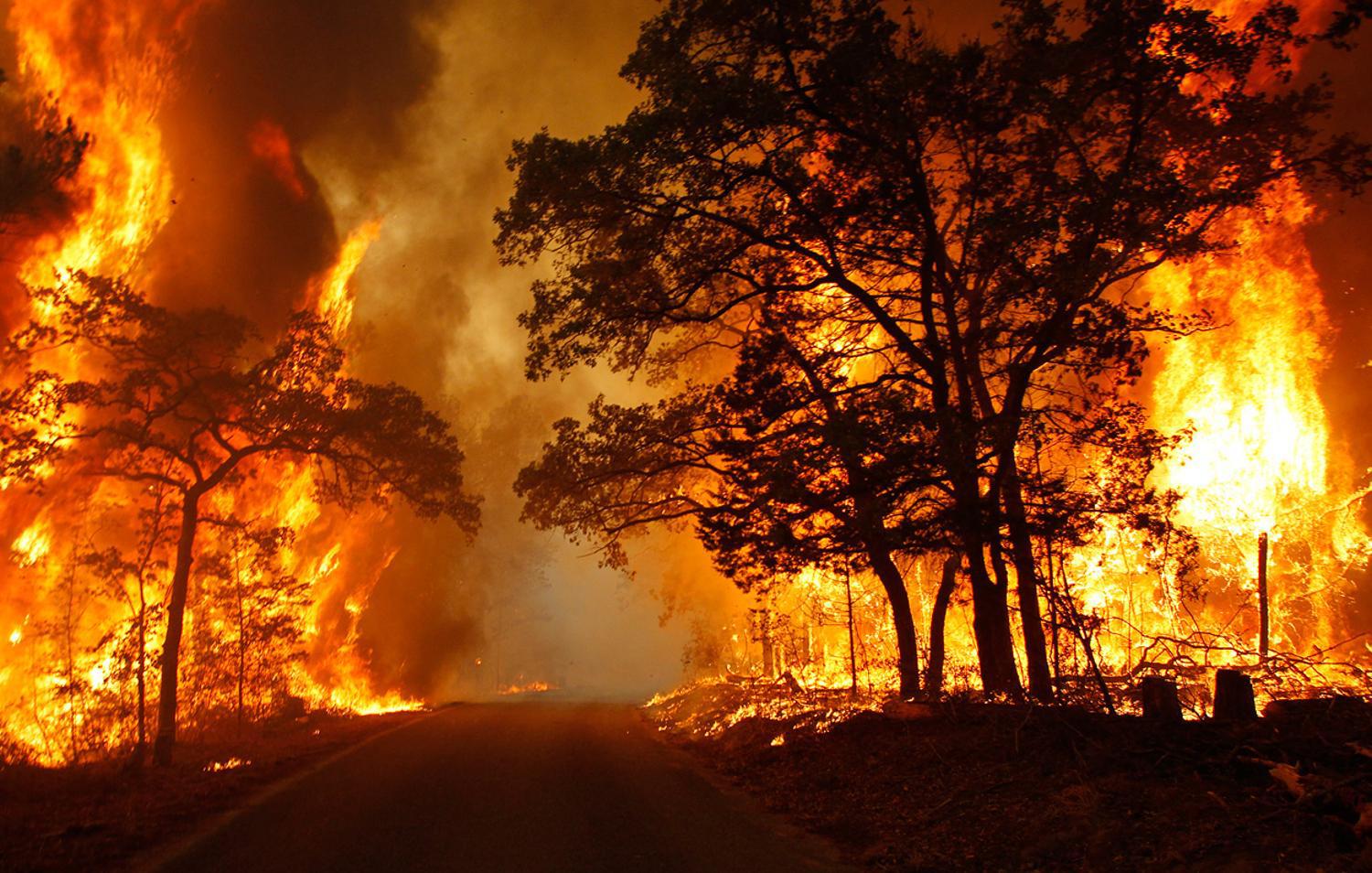
Of course, millions of Americans, in every tax bracket and every race, have lived in high-risk areas for decades. However, the interesting aspect of the Redfin study is that they’ve seen huge numbers of people explicitly moving to these areas in recent years.
As a matter of fact, counties with the highest risk of wildfires received 63,365 more people than they lost, and the high flood-risk counties received an additional 16,144 new residents in 2023 alone.
People Have Been Moving to High-Risk Areas Since 2020
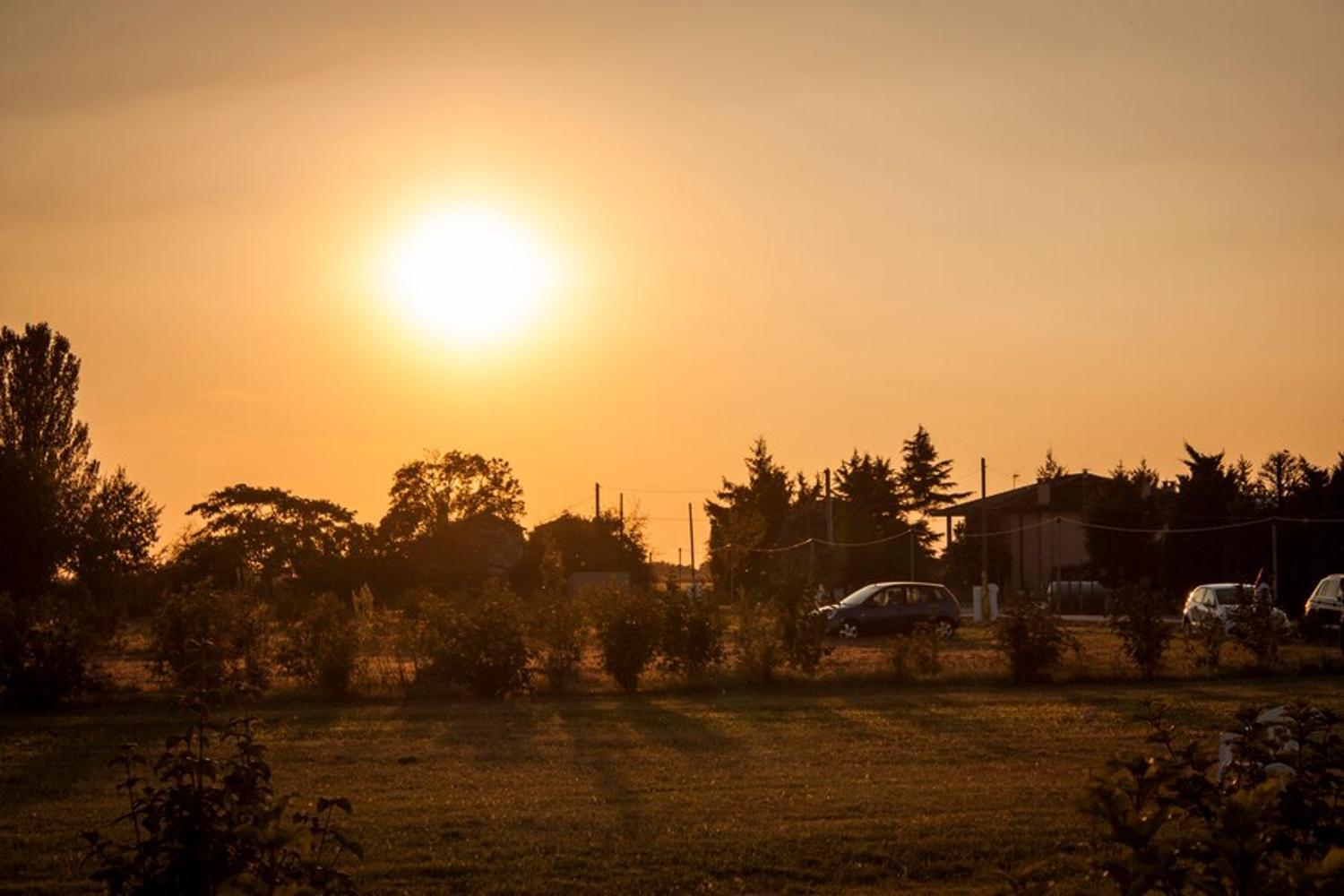
While 2023 showed many Americans moving to high-risk regions, it was far from the first time this happened. Another Redfin report showed that the 50 US counties most at risk for extreme heat expanded by 5% between 2016 and 2020.
However, the number of people who moved to these hazardous areas more than doubled in 2021 and 2022 and grew again in 2023.
It’s Human Nature to Prioritize Now Over the Future
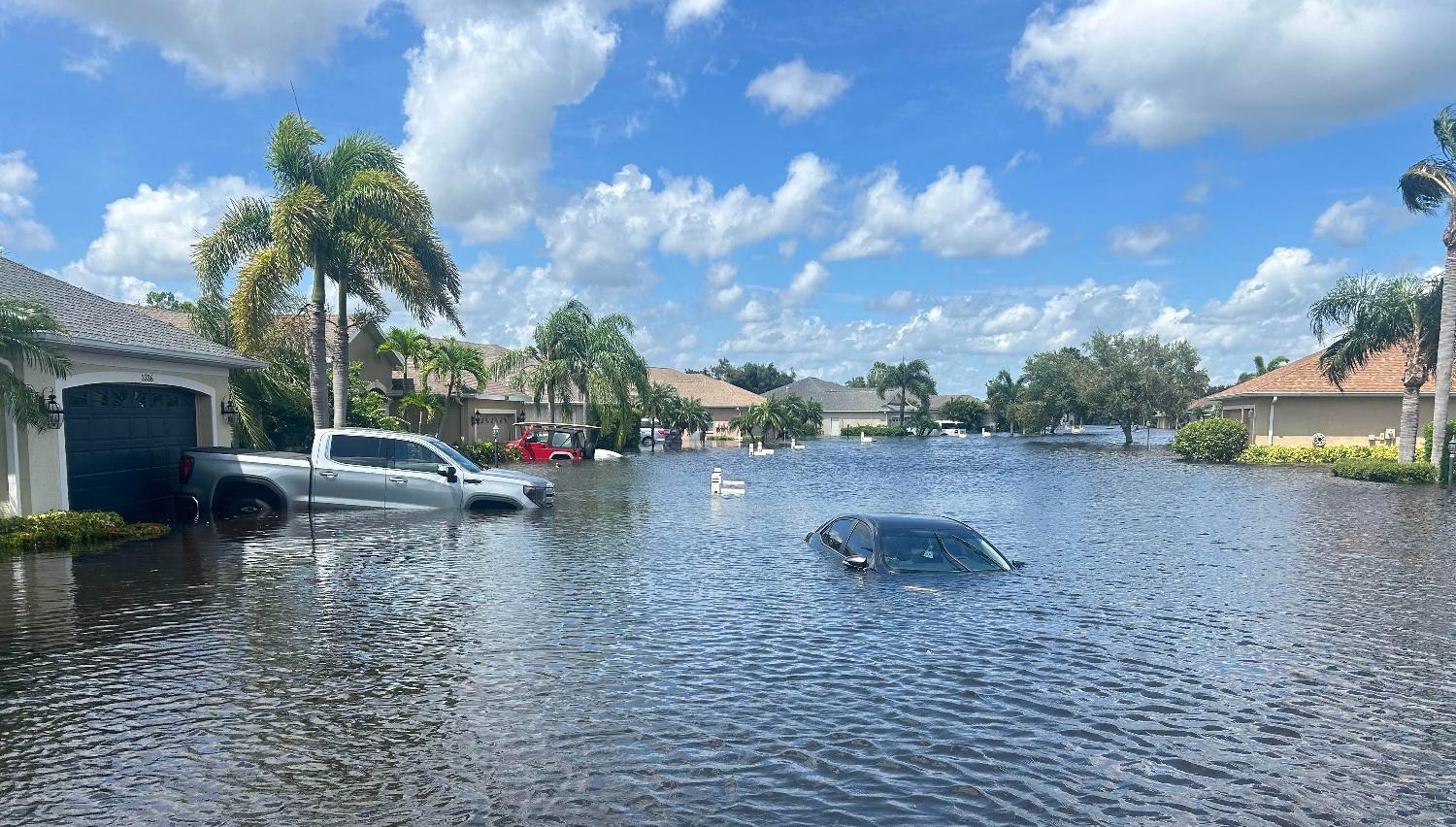
While one might wonder why someone might move to a high-risk area no matter how much more affordable the home is, the truth is that it’s natural to prioritize the now instead of planning for the future.
As Redfin’s chief economist Daryl Fairweather explained, “It’s human nature to focus on current benefits, like waterfront views or a low cost of living, over costs that could rack up in the long run, like property damage or a decrease in property value.”
Climate Change Will Only Intensify the Risks of These Areas
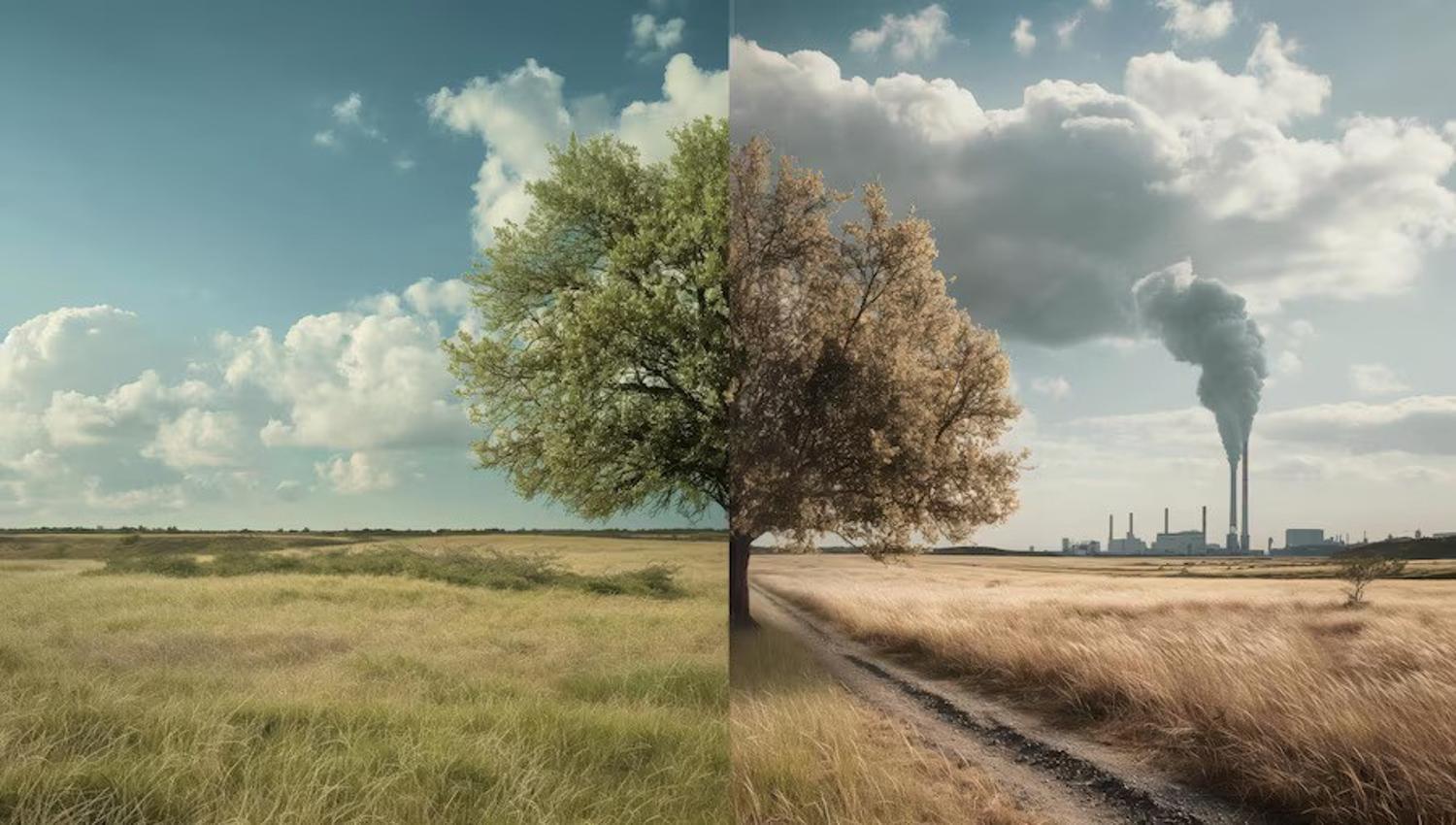
Fairweather also noted, “It’s also human nature to discount risks that are tough to measure, like climate change.” And there’s no doubt that climate change is and will continue to affect these at-risk areas.
The most common side effects of climate change are floods, heat waves, drought, and wildfires, and as we all know, experts expect these extreme weather patterns to get worse before they get better. Therefore, those living in areas already prone to such problems will be in real trouble.
There Are Other Downsides to Living in High-Risk Areas

In addition to the horrific and often dangerous weather, there are other downsides to living in high-risk areas, one of which is the likelihood of an increase in home insurance premiums.
As climate change continues to exacerbate extreme weather, many insurance companies are and will continue to increase house insurance costs for those living in risky areas. In high-risk regions of California, some insurance companies have even pulled their coverage altogether.
Many People Don’t Realize They’re Moving to a High-Risk Area

Although some people certainly understand the weather risks in these regions and choose them anyway because of the affordable housing costs, others genuinely have no idea just how hazardous they are.
And that’s because, legally, housing contacts do not need to include any kind of local weather risk clause. Something that many people believe should change.
The Federal Housing Finance Agency Needs to Step Up

A report from the Brookings Institute filed just last year has requested that the US Federal Housing Finance Agency do its part to protect Americans from unknowingly moving to high-risk areas.
The authors wrote that the FHFA should work with mortgage lenders and property insurance companies to ensure climate risk is factored into their rates and charge potential homeowners more in comparison to the risk they are taking.
The US Government Can and Should Reform Development in High-Risk Areas
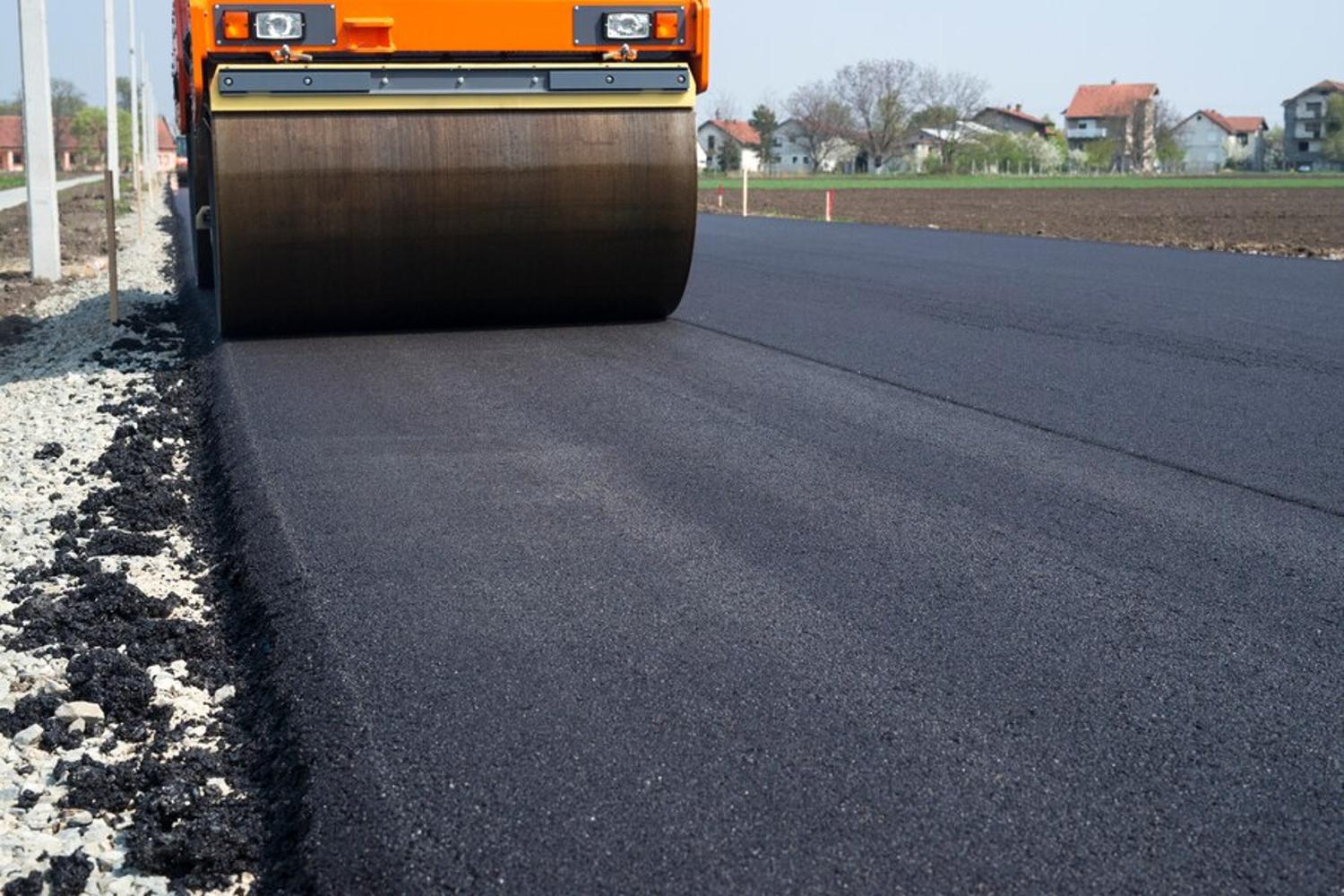
Jenny Schuetz and Julia Gill of Brookings wrote, “Higher fees in risky areas serve two purposes: they encourage price-sensitive households to choose safer locations, and they also provide local governments with more revenue to upgrade the climate resilience of infrastructure.”
On top of that, many experts believe that the US government should adjust zoning and land-use regulations to encourage population growth in safer places, as opposed to those climate-impacted areas.
Taking Care of the American People
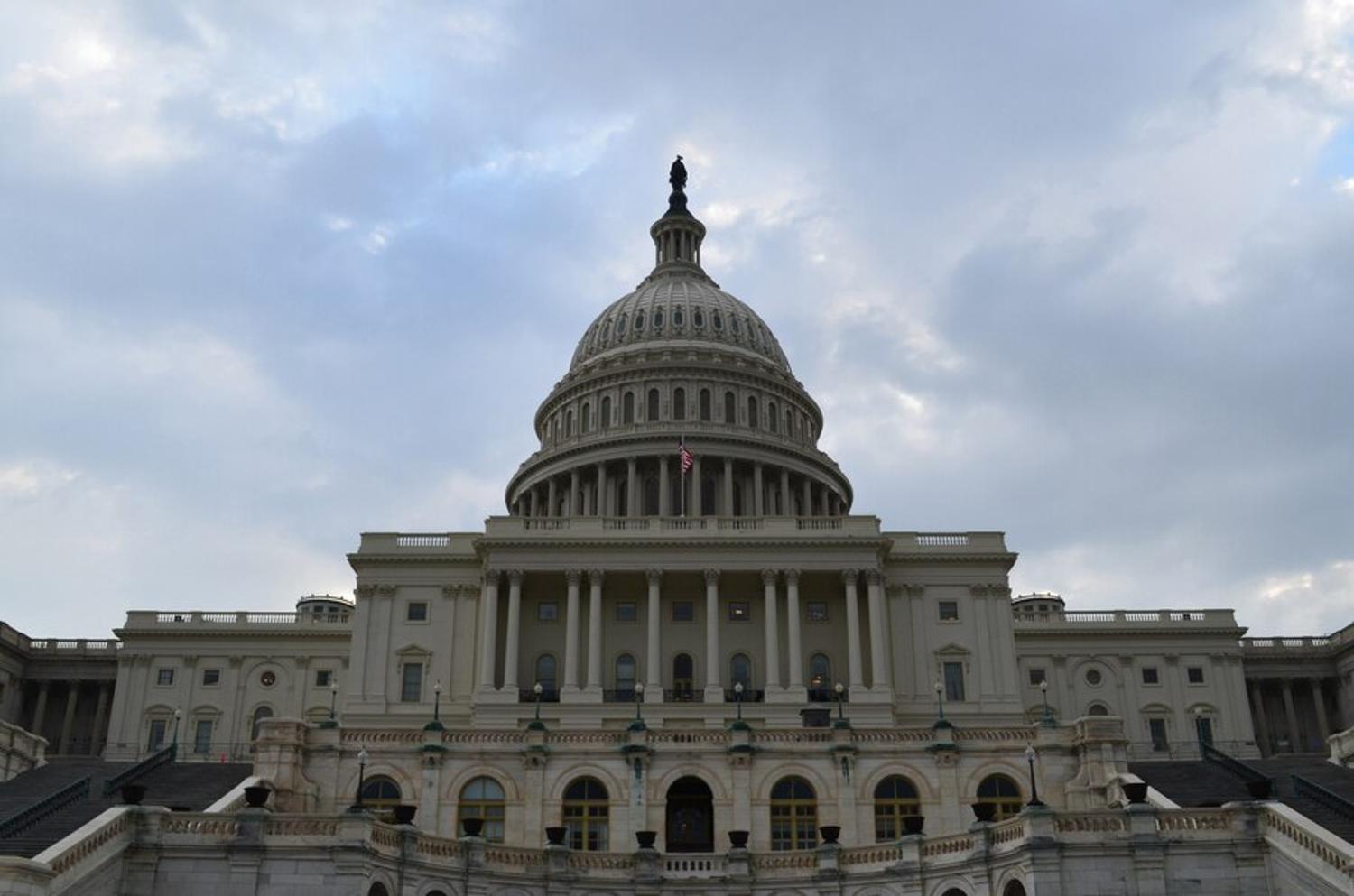
As extreme weather from climate change worsens and the cost of living and buying a home in America increases, many more Americans will likely choose to (or have to) move to high-risk areas.
The US Constitution says the federal government is “of the people, by the people, for the people.” However, if it cannot protect its citizens from being forced to move to dangerous places because they can’t afford to live anywhere else, it seems the government is not doing its job.








































